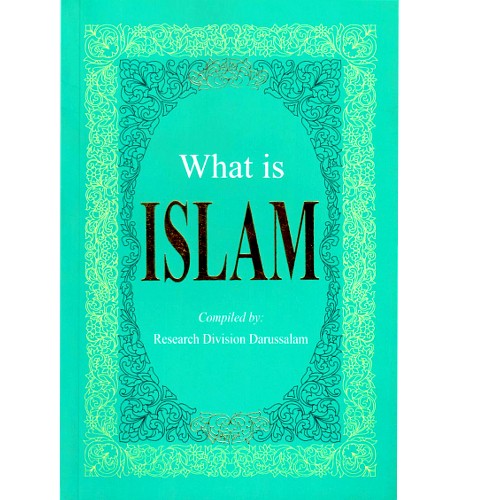Islam recognizes a plurality of religions and asks Muslims to respect other religions. The primary role of interfaith dialogue is to remove misunderstanding and accept difference, the aim being to generate a climate of peaceful coexistence and harmonious social relations. And this is perhaps more needed today than ever before, as mankind is increasingly called upon to exercise tolerance in a markedly volatile world, where living and working together in diversity is fast becoming the norm. Interfaith dialogue is by no means easy, defensive reaction; uncomfortable exchange and an overwhelming desire to avoid a perceived compromise of deeply held principles are some of the pitfalls that can easily cool commitment and the best of endeavors. It is here that this Guide makes an important contribution. The book is designed to guide Muslims who are interested and/or involved in building relations with those of the Jewish and Christian faiths.
Interfaith Dialogue: A Guide For Muslims provides:
- A guide to preparing both leaders and participants for a dialogical relationship with non-Muslims.
- A clarification of dialogue as a form of communication that differs from the typical logical or theological debates used both between Muslims and non-Muslims.
- A tool to educate and clarify terminology so that misconceptions concerning interfaith/interreligious groups can be avoided.
- A method to remind Muslims of the adab (etiquette), and the ethics, of disagreement based on the Qur’an and Sunnah so that they may achieve the most effective form of communication.



























There are no reviews yet.